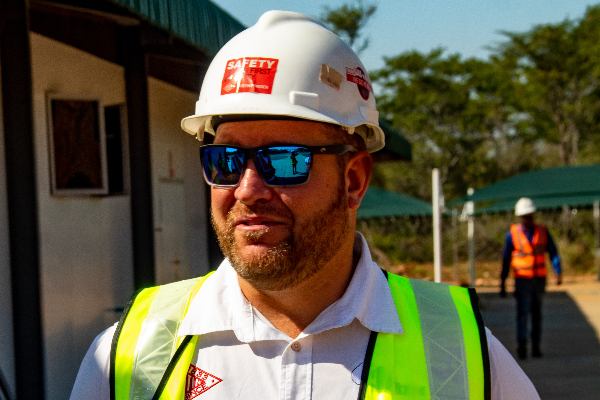Explosives giantIntrachemhas raised concerns over structural and policy-driven disadvantages that are undermining local industry competitiveness Speaking toMining ZimbabweIntrachem’s Managing Director, Darryn Brider said, despite having ample production capacity to meet market demand, rising raw material costs, limited local supply options, and skewed import policies are threatening the sustainability of domestic manufacturing “We have more than sufficient supply capacity to meet the market requirements,” the Brider said, “but the high cost base—especially for raw materials—is what puts us at a disadvantage compared to foreign competitors.”
Local sourcing of raw materials is proving to be neither feasible nor affordable “We have little to no availability of local suppliers for critical inputs, and when they are available, their pricing is simply too high for us to remain competitive in certain segments of the mining industry,” Brider explained
As a result, many manufacturers turn to South Africa, where supply chains are more robust However, this reliance is not without risk, Brider said “South African supply can be fragile,” he cautioned, “but for now, it gives us the capacity to meet and grow with market demand.”
In a bid to ensure continuity and buffer against regional supply shocks, the company has invested in infrastructure, including a new ammonium nitrate (AN) dissolving plant and expanded storage facilities These initiatives are aimed at boosting self-sufficiency and guaranteeing a consistent supply for both existing and prospective mining clients
But the real hurdle remains policy Imported raw materials used by local manufacturers attract tariffs and duties, while finished goods imported by foreign competitors benefit from SADC exemptions “This creates an uneven playing field We’re penalised for trying to manufacture locally, while importers enjoy duty-free access, even though it drains mining procurement funds out of the country and worsens our trade deficit,” he said.
Source: Miningzimbabwe
